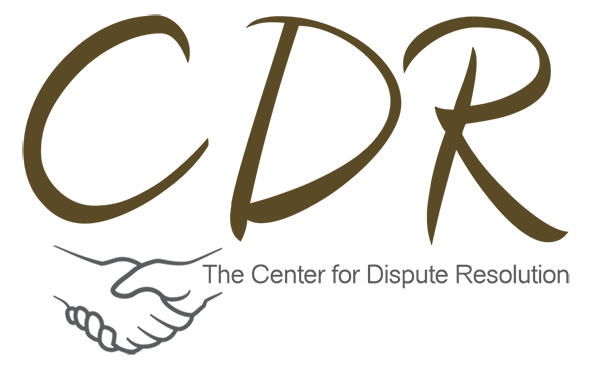
Why Choose Mediation Over Litigation?
Mediation and litigation are two different methods of resolving disputes. Mediation is a process where a neutral third party, called a mediator, helps parties in conflict to communicate and negotiate a mutually acceptable resolution. Litigation, on the other hand, is a legal process that involves going to court and having a judge or jury decide the outcome of the case.
When a conflict arises, many people generally think of litigation first. Yet there are many reasons why mediation may be the better option to resolve these type disputes. Some of the reasons to choose mediation over litigation are:
- Cost: Mediation is often less expensive than litigation because it doesn’t involve the same costs associated with going to court, such as filing fees, attorney fees, and expert witness fees.
- Time: Mediation is generally quicker than litigation because the parties can schedule mediation sessions at a time that is convenient for them, rather than being restricted by court dates and schedules.
- Control: Mediation gives the parties more control over the outcome of the dispute because they are actively involved in the negotiation process and have a say in the terms of any agreement reached.
- Confidentiality: Mediation is a confidential process, which means that the details of the dispute and any agreements reached remain private. This can be particularly important in sensitive or personal matters.
- Preservation of relationships: Mediation can be a better option for preserving relationships between parties, such as in the case of business or family disputes, because it encourages open communication and collaboration.
- Flexibility: Mediation is more flexible than litigation because it allows the parties to customize the process to meet their specific needs, rather than being constrained by legal procedures.
- Emotional support: Mediation can provide emotional support to the parties, as they work through their differences in a more supportive and collaborative environment than the adversarial nature of litigation.
- Creative solutions: Mediation allows parties to explore more creative solutions to their dispute than those that may be available in court, which can lead to more satisfactory outcomes.
- Future cooperation: Mediation can help to establish a foundation for future cooperation between the parties, which can be particularly important in business or family disputes.
- Higher compliance: Agreements reached through mediation tend to have a higher compliance rate because they are based on mutual understanding and collaboration, rather than being imposed by a judge or court. This can help to avoid future disputes and maintain a positive relationship between the parties.
Overall, mediation can be a good option for resolving disputes in a way that is cost-effective, timely, confidential, and allows for more control over the outcome. If you are currently in a conflict, business disagreement, or divorce, the Center for Dispute Resolution can help. Over the years, we’ve assisted many people in engaging in and working through their conflicts and it is highly likely that we can help you with your dispute as well. To find out more about our services or to receive a free 30 minute consultation, call us today at (478) 216-8522 or send us a message online. It can be resolved peacefully, we can help!
✅ Resolve disputes effortlessly. ✅ Build stronger relationships. ✅ Subscribe FREE now!
Don't miss out! Join us today. 🚀


Comments are closed